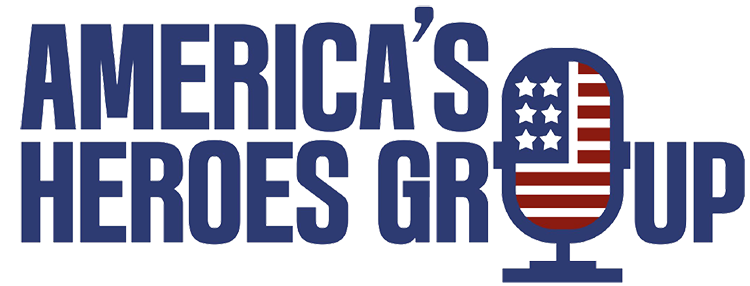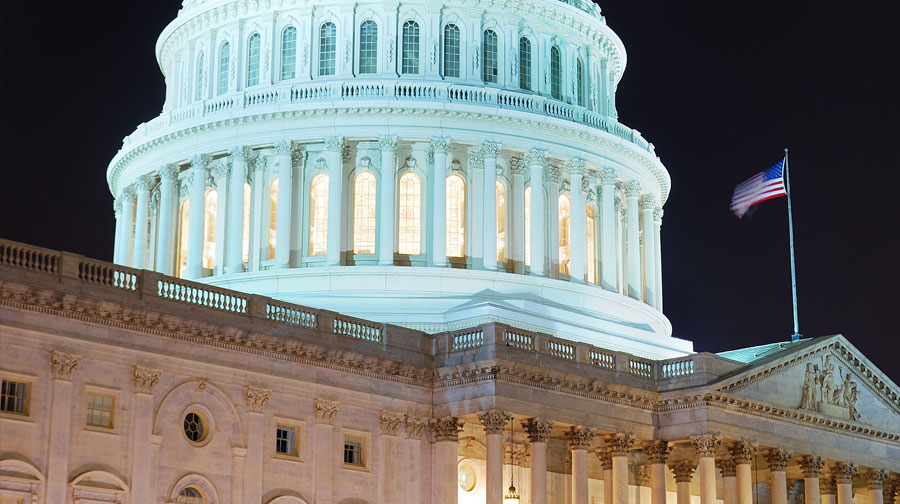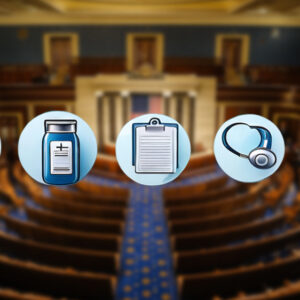By: Stephanie Kalota
Founder, Veteran Legislative Voice & AHG Correspondent
This congressional session, 118th, has proven to have one of the lowest rates of passed bills in general. It also has one of the fewest passed bills for the military and veterans.
Two important ones are the Veteran Improvement Commercial Drivers License Act of 2023 (S.656) and the Dustoff Crews of the Vietnam War Congressional Gold Medal Act (S. 2825). The first one was introduced by Republican Senator Deb Fischer of Nebraska and was signed into law on October 1st. It amended the United States Code to eliminate red tape that excludes veterans from accessing commercial driver-education programs using their GI Bill benefits. Both the Commercial Vehicle Training Association and the American Trucking Association applaud the passage of this bill. The second bill was introduced by Republican Senator John Cornyn of Texas and was signed into law on September 26th. This bill awarded the Congressional Gold Medal to the United States Army Dustoff crews of the Vietnam War, collectively, in recognition of their extraordinary heroism and life-saving actions in Vietnam.
Two bills have passed by both chambers of Congress but have yet to be signed by President Joe Biden, and they are the Veterans’ Compensation Cost-of-Living Adjustment Act of 2024 (H.R. 7777) and Restoring Benefits to Defrauded Veterans Act (H.R. 4190). You may be thinking, what the hell? Well, both of these bills are still being held by the Senate while both chambers are in recess until they return after the general election. The first bill was introduced by Republican House Representative Morgan Luttrell of Texas, and it is the annual bill to increase the rates of veterans benefits like VA Disability and death indemnity compensation for survivors of certain disabled veterans, effective December 1st. The second bill was introduced by Democrat House Representative David Trone of Maryland, and it is to amend the United States Code to direct the Secretary of Veterans Affairs to repay the estates of deceased beneficiaries for certain benefits paid by the Secretary and misused by fiduciaries of such beneficiaries. Under the current law, there isn’t a hierarchy of reissued benefits among a recipient’s survivors if the intended recipient dies before the VA makes the payment. Under the bill, the reissued benefits would be paid according to the same hierarchy used for distributing other accrued VA benefits to survivors of deceased beneficiaries.
While some bills are passed by one chamber in Congress, the one to highlight and end this piece would be the Stuck on Hold Act (H.R. 6656). This bill was introduced by Republican Representative Ken Calvert of California, and it would direct the Secretary of Veterans Affairs and the Commissioner of Social Security to implement automated systems with callback functionality for each customer service telephone line of the Department of Veterans Affairs and the Social Security Administration, respectively, and for other purposes. No cost estimate has been posted in the system. It is supposed to require the VA to (1) inform any caller to a covered line about the anticipated wait time, if any; and (2) automatically offer a callback to any such caller with an anticipated wait time of more than 10 minutes. Any veteran who has been going through the VA’s telephone system, knows that this is an important one to get passed because just one bad phone call experience can set off the wrong fuse.




